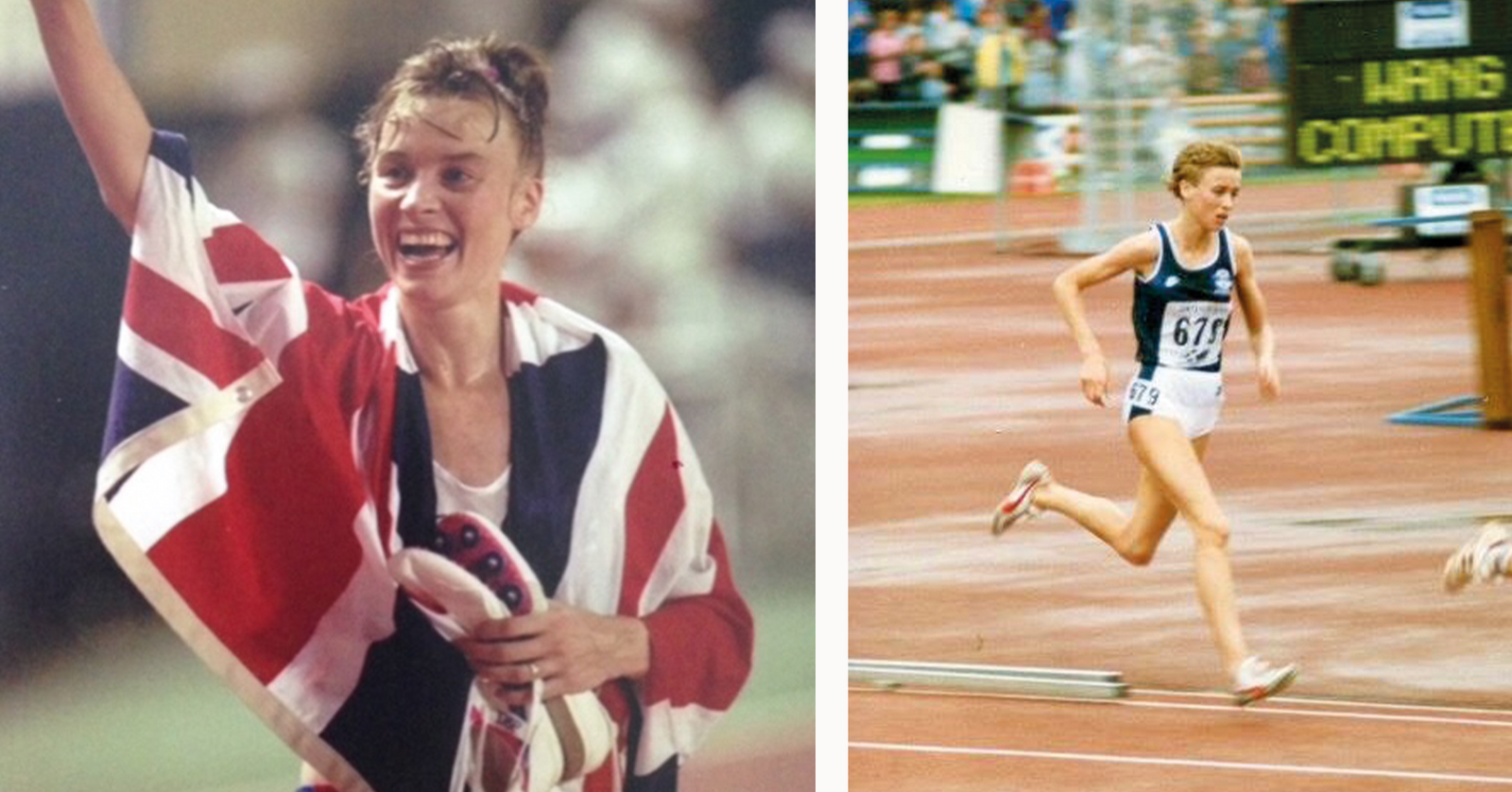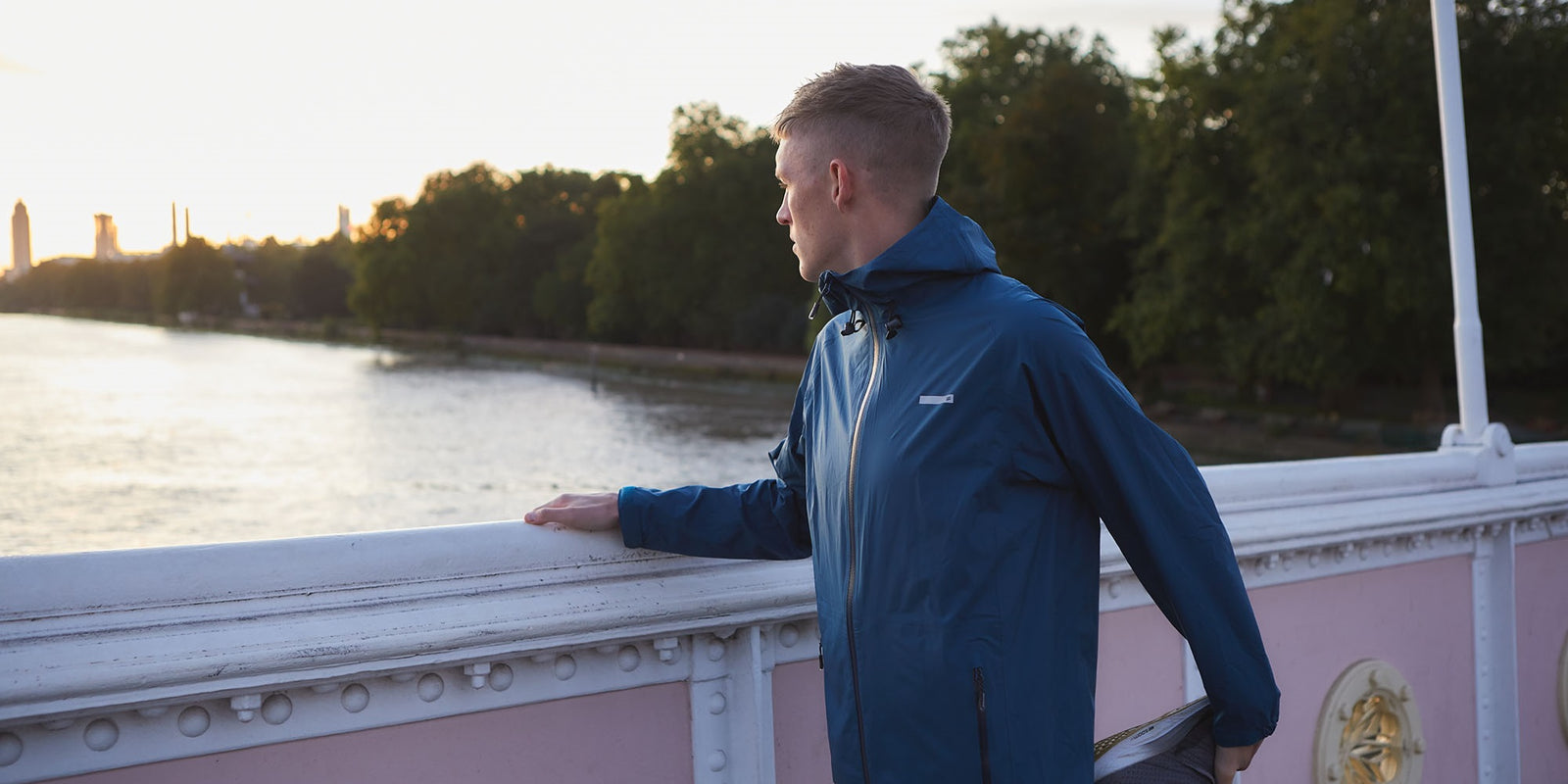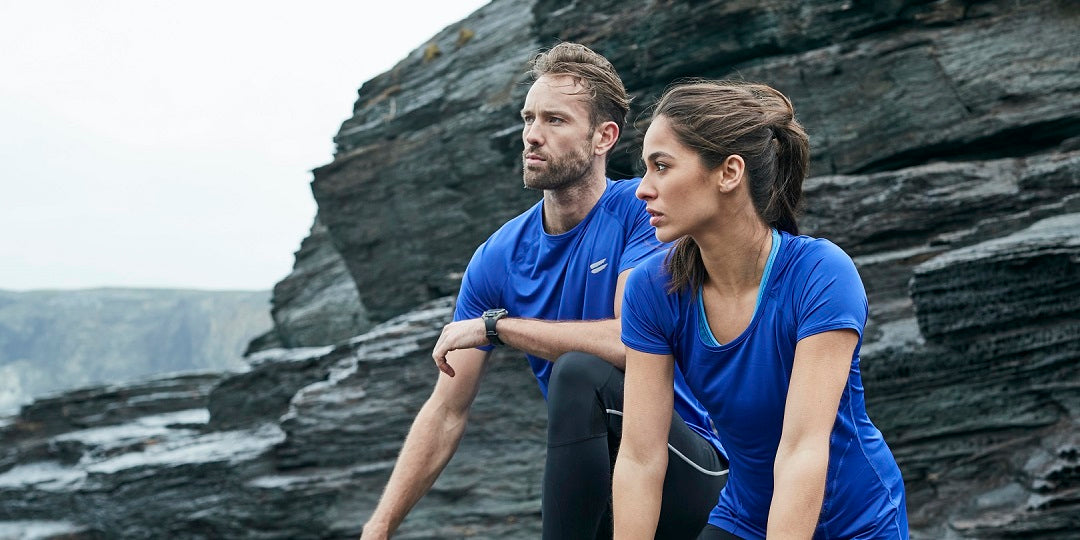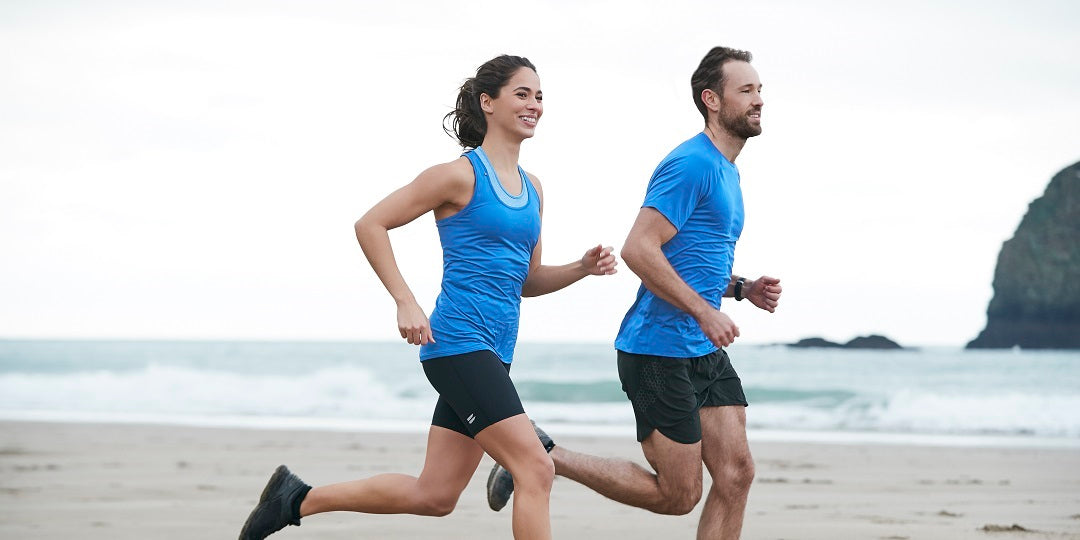World champion. Olympic silver medalist. Commonwealth champion. World record holder. With a string of formidable running achievements to her name, Liz McColgan MBE is one of the standout names woven into the rich history of British athletics. Speaking from her home in Doha, the Tribe Sports team got the inside track on her secrets to success, becoming world champion 9 months after giving birth and her thoughts on the progress women's running has made during her career spanning over 3 decades.
Having started running at the age of 12, Liz joined her first running club after encouragement from her PE teacher. ‘He was the first person who really spotted something in me,’ says Liz. After being scouted by universities in the US, she spent 4 years winning national titles abroad before returning to the UK to qualify for the 1986 Commonwealth Games. ‘I wouldn’t say I was necessarily the most talented person, but I was always hard working and that’s ultimately what paid off for me in the long run.’
At the 1986 Commonwealth Games, Liz was catapulted into the limelight after winning gold in the 10,000 metres - finishing 12 seconds ahead of the next competitor. ‘That was a very special event for me, as it was my first win at a championship event - and also happened to be on home soil in Edinburgh,’ she says: ‘Winning gold in front of a home crowd and having my family there to support me was amazing. It was a real stepping stone for me onto bigger things and marked the beginning of my international career.’

After scooping the Olympic silver medal at the inaugural women’s 10,000m in 1988, Liz gave birth to her first child Eilish at the end of 1990. 9 months later, she was officially world champion - a remarkable feat that she looks back on with pride. ‘It was definitely challenging!’ she laughs: ‘I trained throughout my pregnancy, so it really helped that I kept my fitness up during that time.’ Being pregnant at a time where advice about how to train during pregnancy was virtually non-existent, Liz relied on listening to how her body was feeling. ‘Luckily, I had a really smooth pregnancy, so I was able to run right up until the day I had Eilish. Keeping that steady training up throughout my pregnancy allowed me to bounce back quite quickly after giving birth - I was back racing my first 5k just 6 weeks after I’d had her!’
Our conversation turns to her experiences as a female runner and she’s quick to point out that there are far more role models for women in sport these days than when she was competing. ‘I didn’t have many running role models to look up to when I was growing up - we didn’t have a television, so I wasn’t able to watch events like the Olympics or athletics,’ she says: ‘Once I was more established in my running career, I was fortunate enough to be mentored by Grete Waitz who was really a key figure in bringing women's running to the mainstream.’
Having first encountered Grete at the World Cross Country Championships in Rome when she was just 16 years old, Liz recalls learning one of her biggest lessons as a young athlete. ‘Usually I’d spend about an hour warming up for a race like this. It was a blisteringly hot day in Rome and rather than adjusting my warm up, I continued with my usual routine - and got progressively hotter and hotter.’ Noticing Grete stayed sat under her parasol until just 10 minutes before the race, Liz was amused by her fellow competitors strategy. ‘I thought it was a peculiar way to warm up - until we started the race! Needless to say I ended up way in the back of the field in about 100th place, struggling and severely dehydrated. It was an important lesson to learn early on - when it’s hot, sit under that parasol!’ she laughs.

Having never considered she’d be able to make a living out of running, Liz is pleased that opportunities for female runners have become more widespread over the years. ‘I think nowadays it is supported far better than it was, by the industry and also the public,’ she says: ‘Opportunities also get better with the passage of time generally - so we’d hope that in another 30 years we’d be seeing further improvements and progress made, which I do think still need to happen. It’s great to see more women going into coaching roles now than when I was a young athlete and I feel female coaches can really help nurture other female athletes through the sport.’
Although times have moved on and changed many things around the sport, one thing remains fundamentally the same. ‘At the end of the day, athletes still need to go out there, train hard and win the races - which is exactly the same as what I was doing 30 years ago.’
‘Running to me is like poetry in motion. Without running, I don’t think I would function as well in my everyday life. I find it very meditative, especially now that I'm older, I find I can solve a lot of the issues I’m having when I’m out running.’ Pausing for a moment, she captures perfectly what running means to her as our chat comes to an end: ‘Running is the lifeline to me being me.’







Jonathan O'Hanlon
March 17, 2021
‘Running is the lifeline to me being me.’
Adding to that a little, because so so many people would benefit from these words if they applied them to their own lives at all and any level:
Running, or exercise, or being out there in mind or body, with Nature, is a lifeline to you being you.
Beautiful story from an amazing and inspirational athlete and Mum – huge respect and admiration, God Bless, Jon